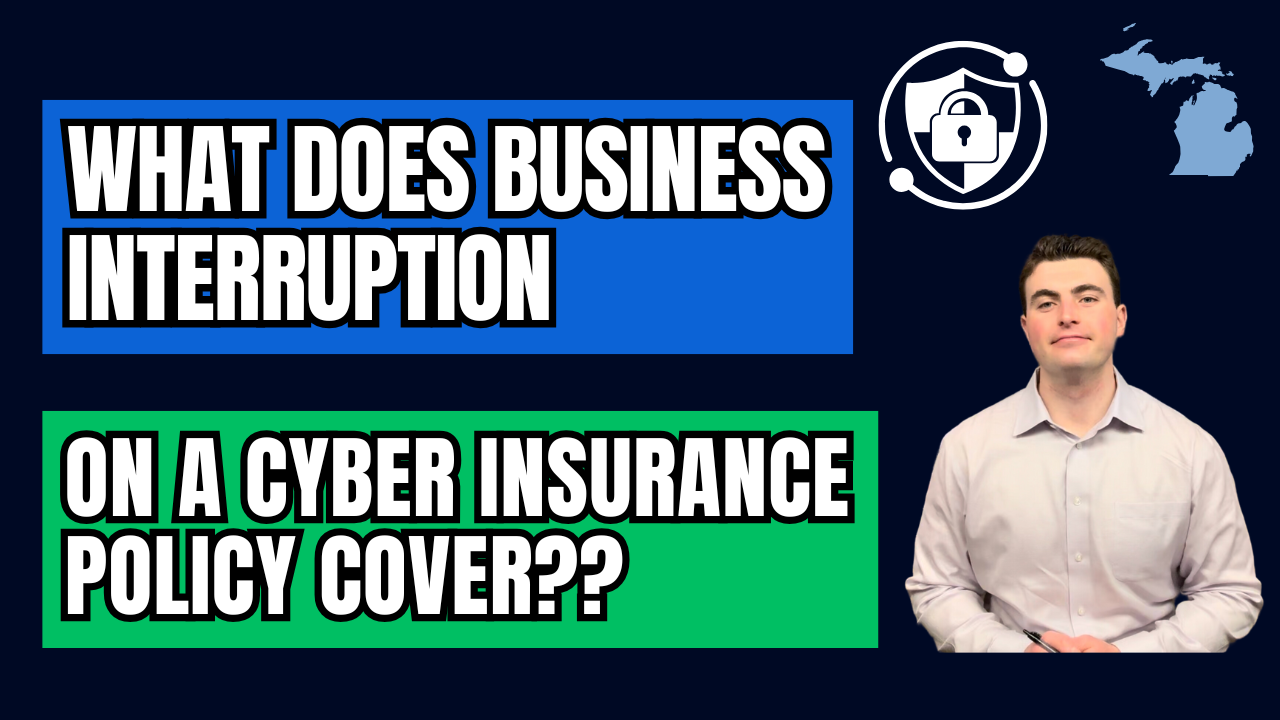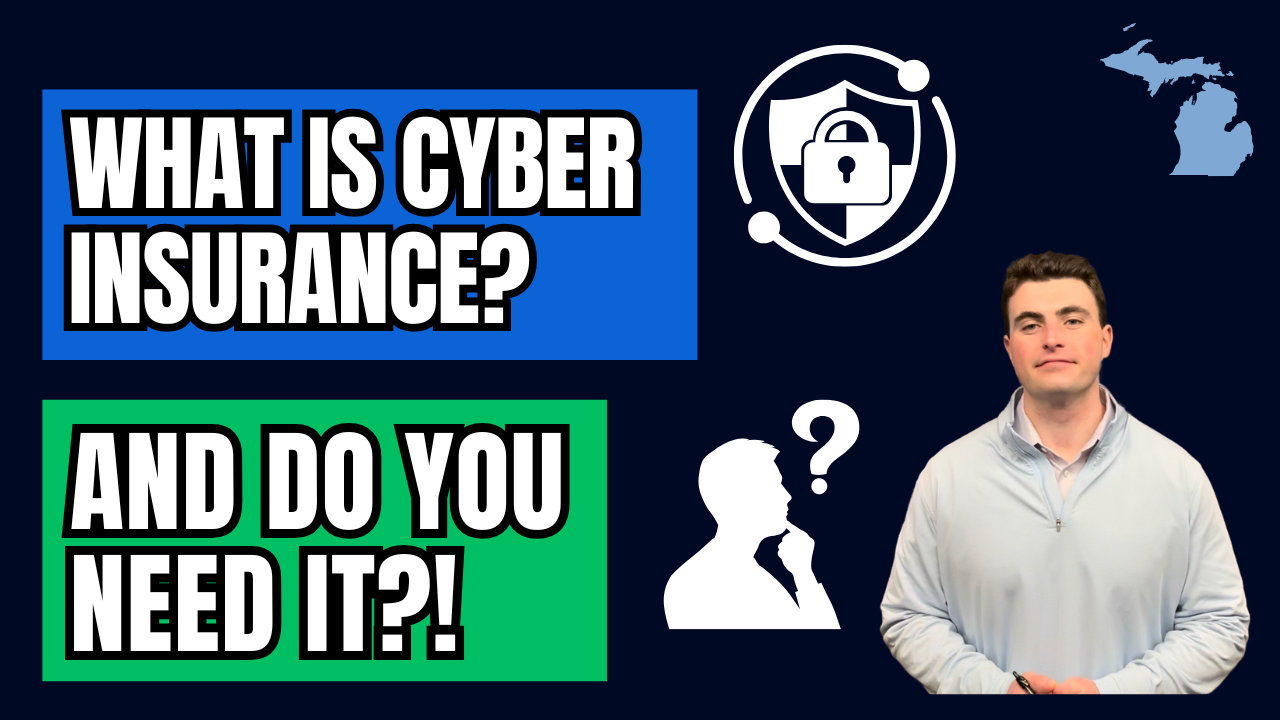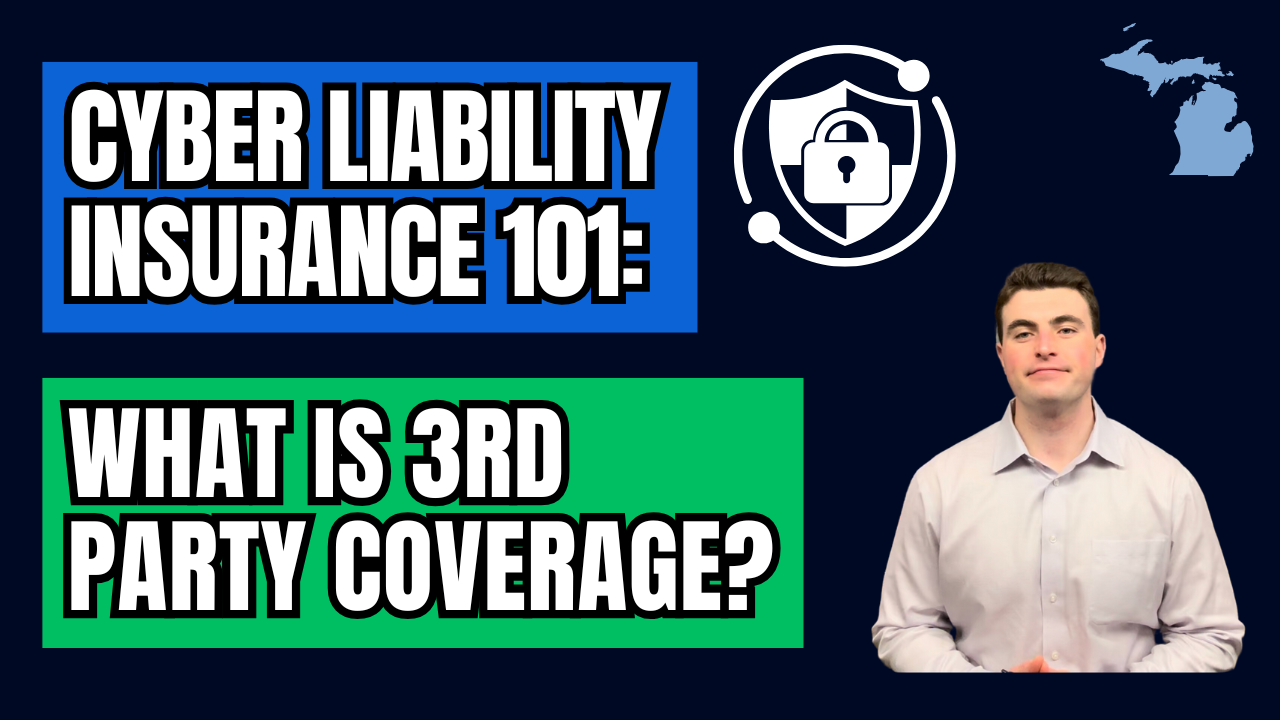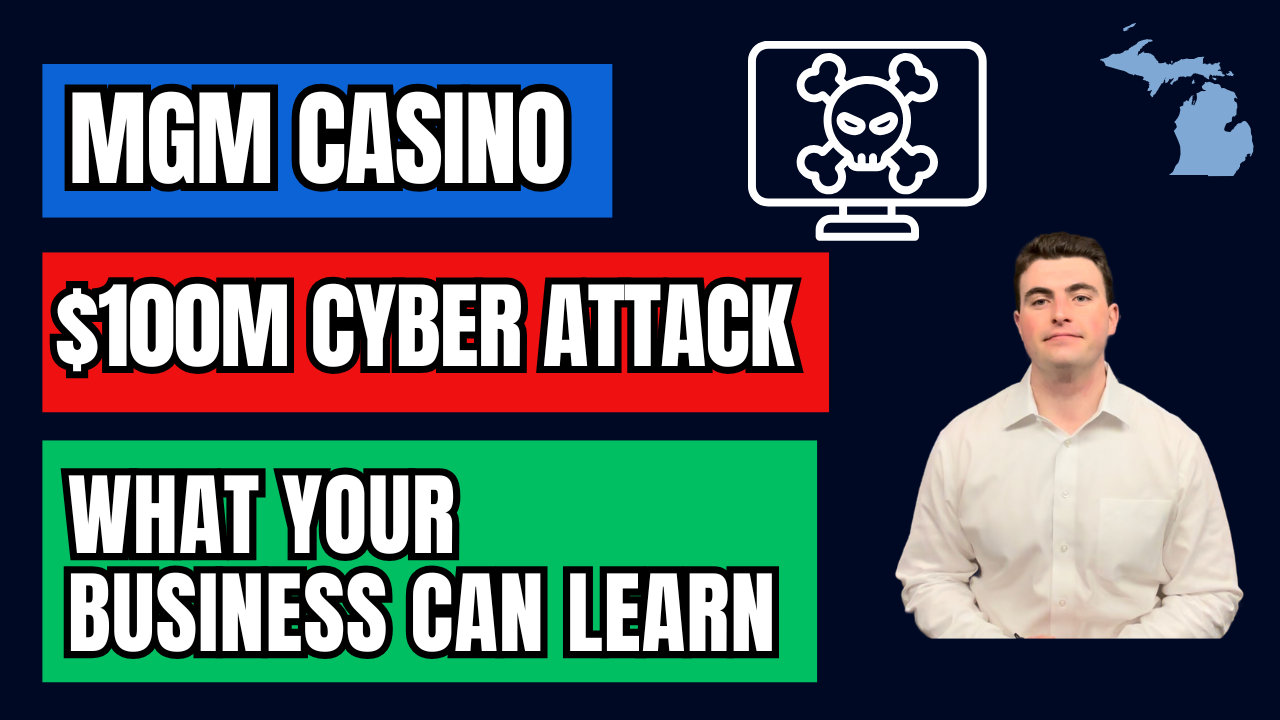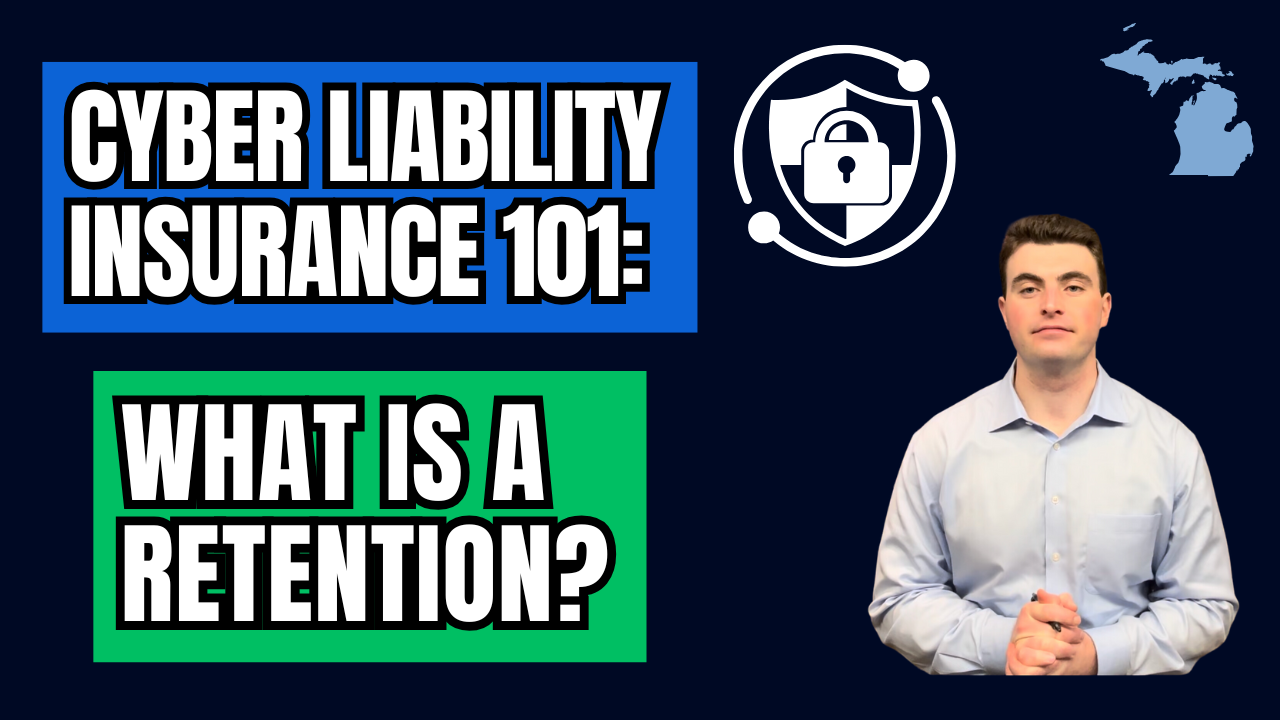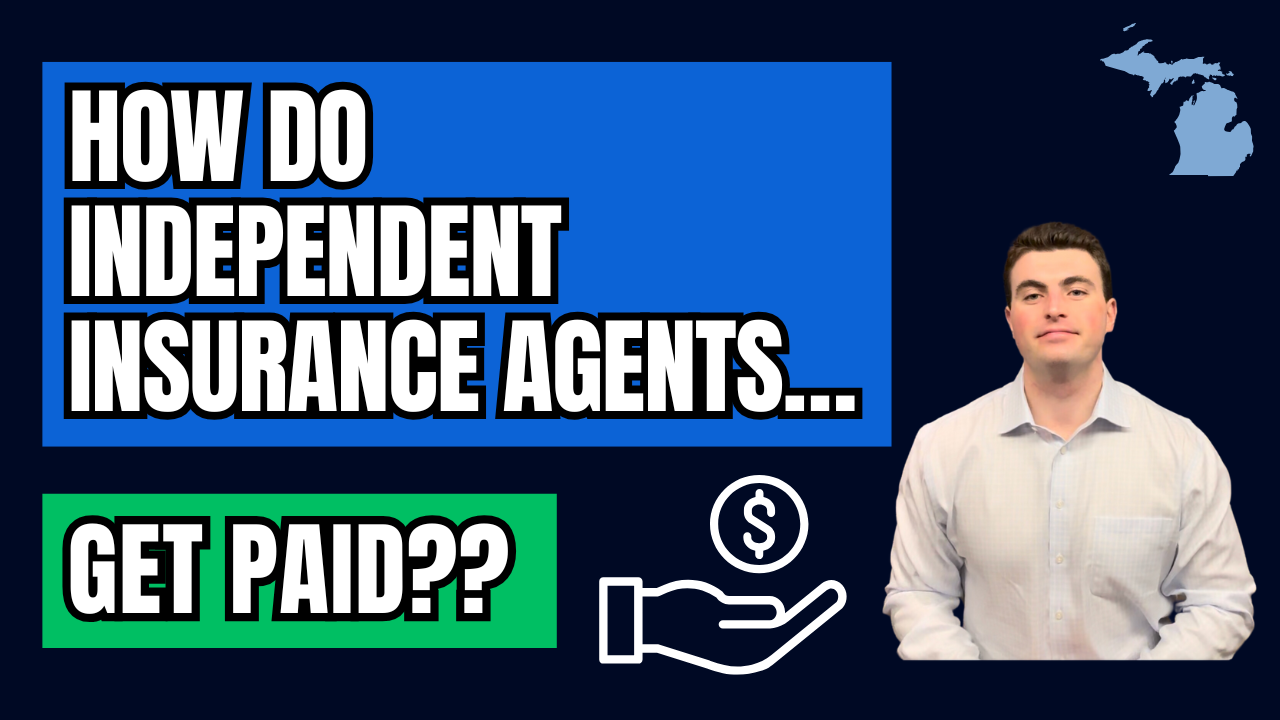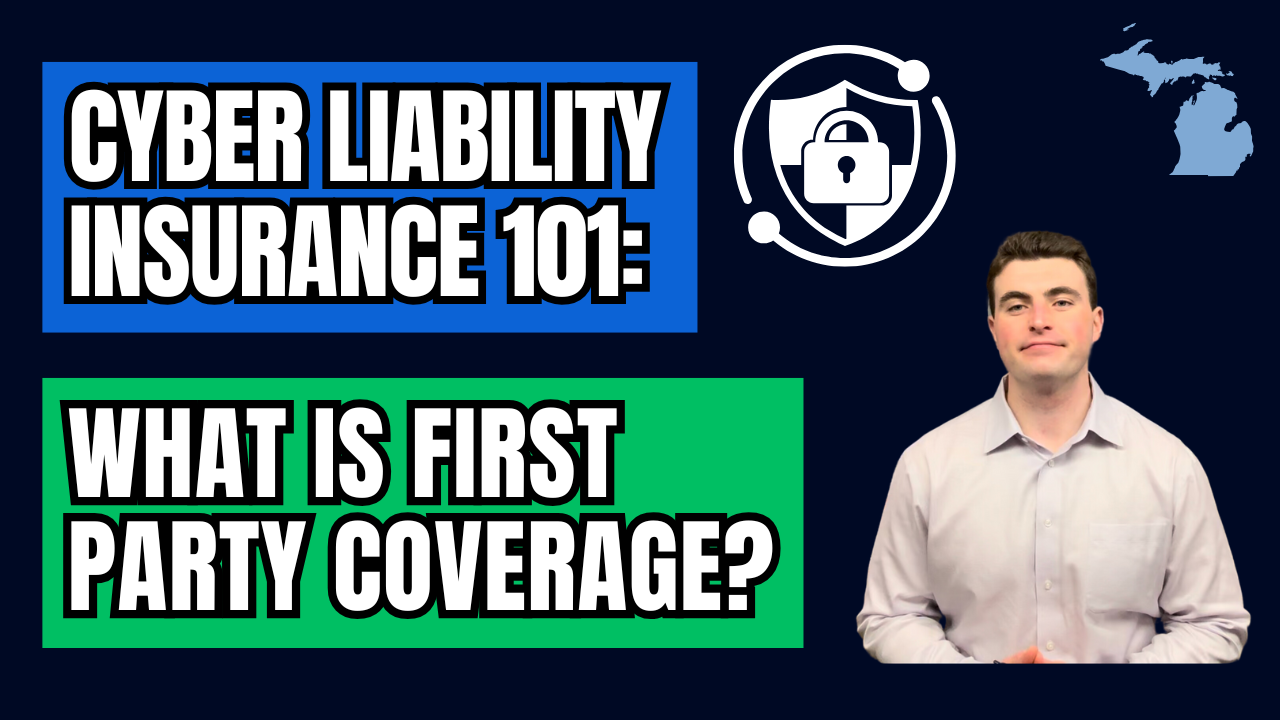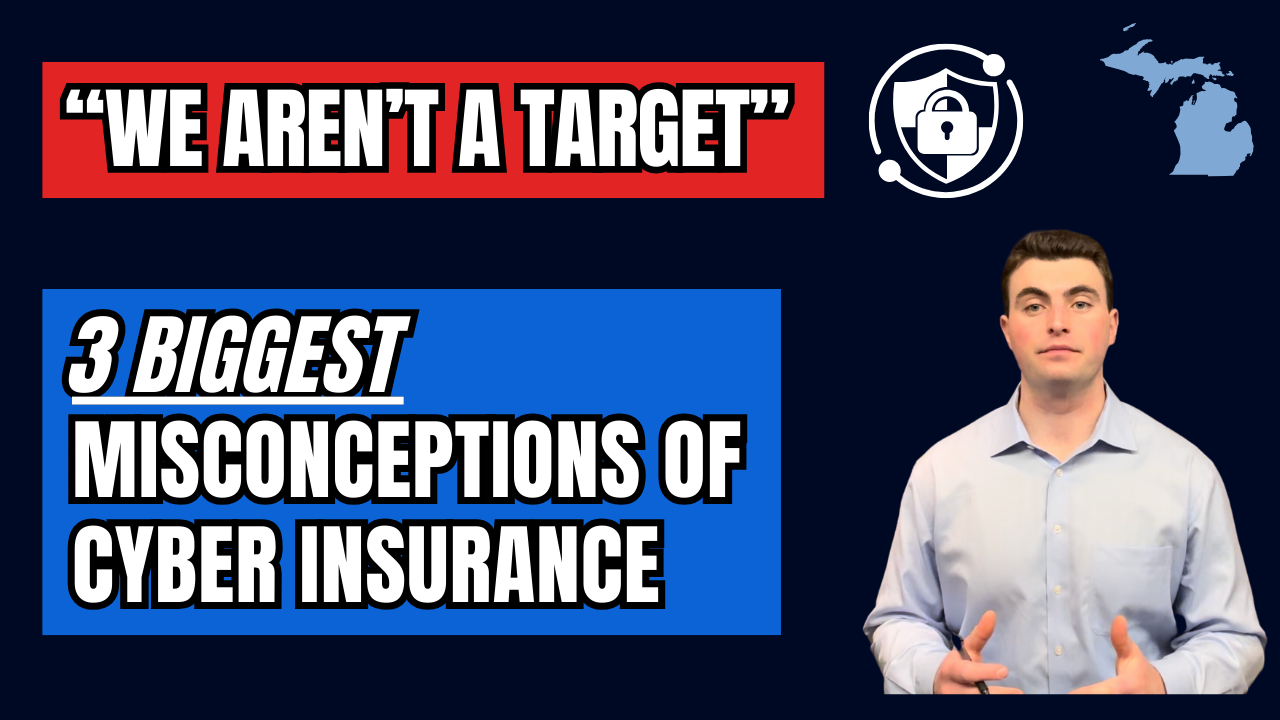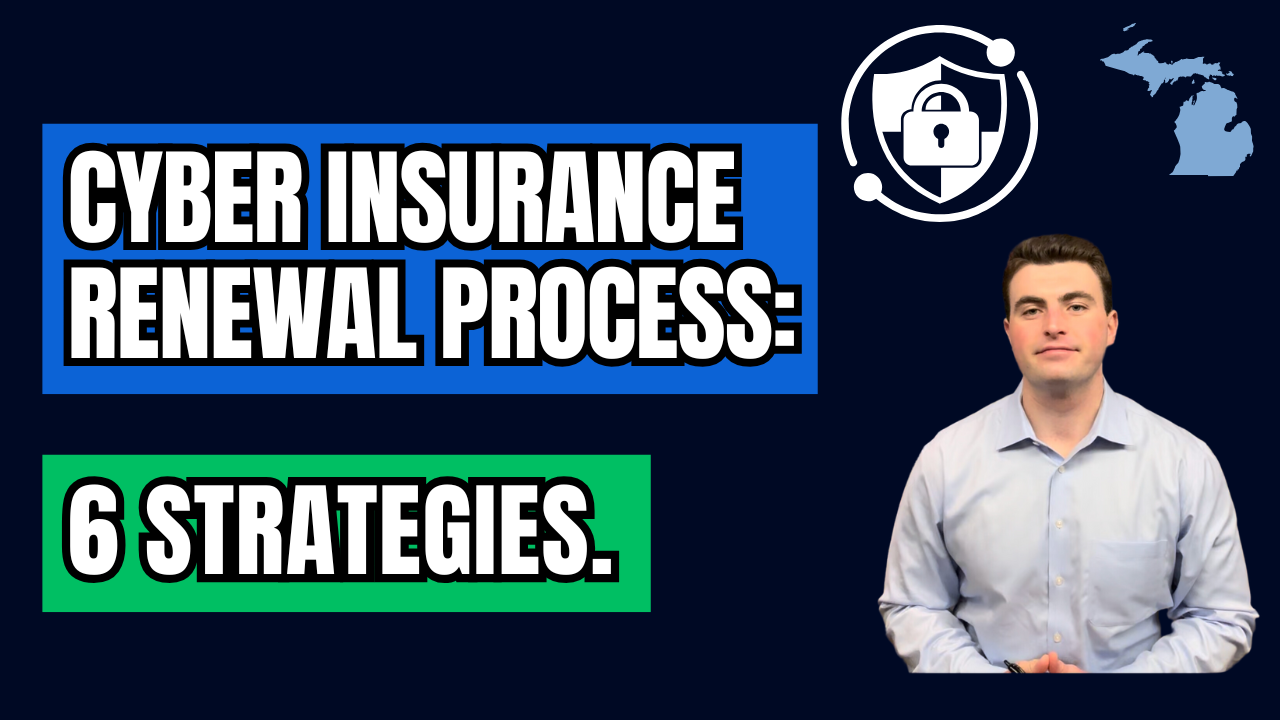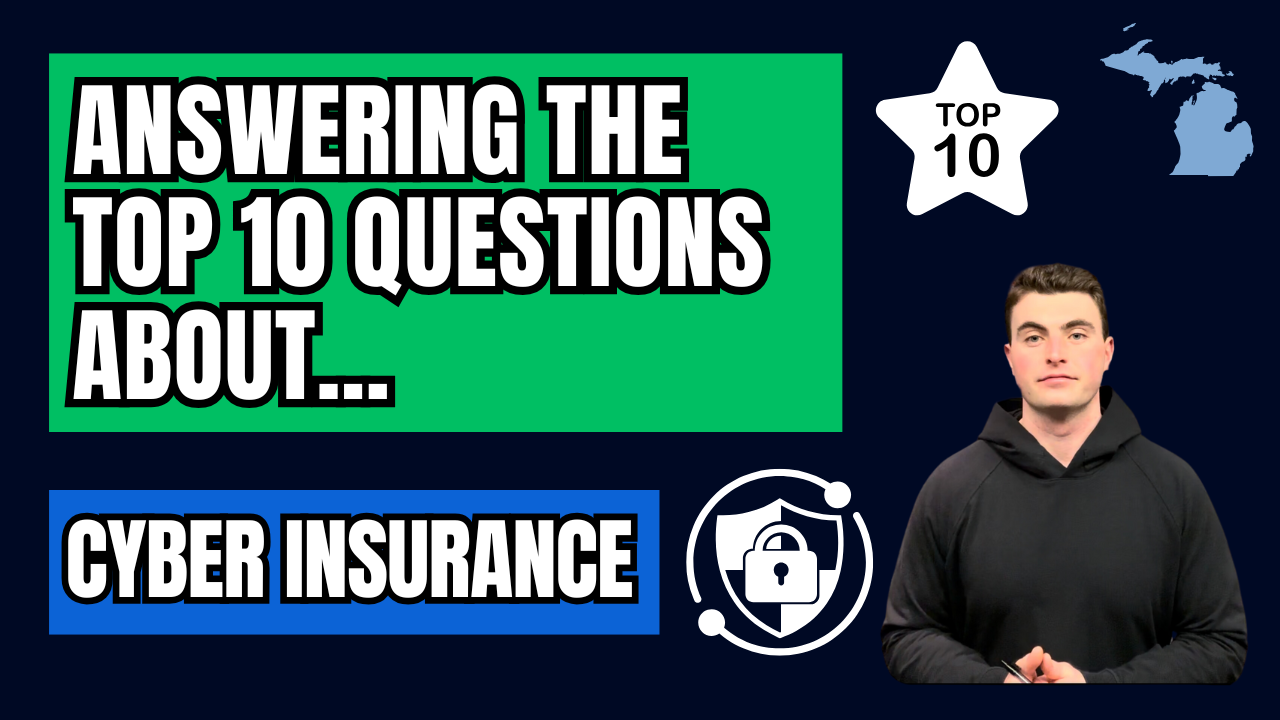Why is Workers Comp Insurance King? And What That Means (Michigan Workers Comp Insurance 101)
Why is Workers Comp Insurance King? And What That Means (Michigan Workers Comp Insurance 101)
When it comes to protecting your business and employees in Michigan, few insurance policies are as important—or as misunderstood—as workers compensation insurance. If you’ve heard the phrase “workers comp is king,” there’s a good reason why it holds that title. In many cases, workers' comp becomes the primary coverage when an employee is injured on the job, even when other insurance policies may be in place.
Let’s break down why workers’ compensation reigns supreme, what that means for Michigan business owners, and why it’s essential to understand how this type of coverage works.
What Is Workers Compensation Insurance?
Workers compensation insurance provides medical benefits, lost wages, and rehabilitation services to employees who suffer a work-related injury or illness. In return, employees technically give up the right to sue their employer for negligence, making it a no-fault system.
This setup is designed to protect both the employer and the employee:
- Employees get fast access to benefits.
- Employers are shielded from costly lawsuits.
Why Is Workers Comp “King”?
In the insurance world, the phrase “workers comp is king” means that workers compensation takes priority over other types of coverage when an employee injury occurs in the workplace. It’s the first line of defense—and in most situations, the only policy that responds to a claim related to an employee’s on-the-job injury or illness.
Here’s why that matters:
- General Liability insurance is designed to protect against third-party bodily injury or property damage—not injuries to your employees.
- Commercial Auto insurance may cover third parties involved in a company vehicle accident, but when your own employee is injured, workers comp is the policy that kicks in first.
This hierarchy helps avoid confusion and streamlines the claims process, but only if you have the right coverage in place.
No-Fault Means No Headaches (Usually)
Michigan, like most states, uses a no-fault system for workers’ compensation. That means an employee doesn't have to prove their employer was negligent or at fault to receive benefits.
This is very different from other types of insurance claims, which often involve complex legal battles over who’s to blame.
As long as the injury or illness is work-related, the coverage applies. Simple as that.
What This Means for Michigan Business Owners
If you’re a Michigan employer, here’s the key takeaway:
If someone working for you gets hurt on the job,
workers comp is the policy that matters most.
This is why it’s crucial to:
- Carry adequate workers' compensation insurance
- Understand what your policy covers (and doesn’t)
- Stay compliant with Michigan workers’ comp laws
Learn More About Workers’ Compensation in Michigan
Want to dive deeper into how workers’ comp works and why it’s so important? Check out these additional resources:
🎥
What does Workers Compensation Insurance actually cover?
https://youtu.be/_vZfUMF0zQI?si=-nREnPTgrgpM0zZf
🎥
What is a Workers Compensation Insurance Audit and how does the process work?
https://youtu.be/tCmurEtaNiI?si=aVE5RuzwpGex47Av
📞
Need help reviewing your workers’ compensation insurance coverage?
Whether you're not sure if your policy is set up correctly or just want a second opinion, we’re here to help. Contact us today to make sure your business and employees are protected.
Contact Us
We will get back to you as soon as possible.
Please try again later.
